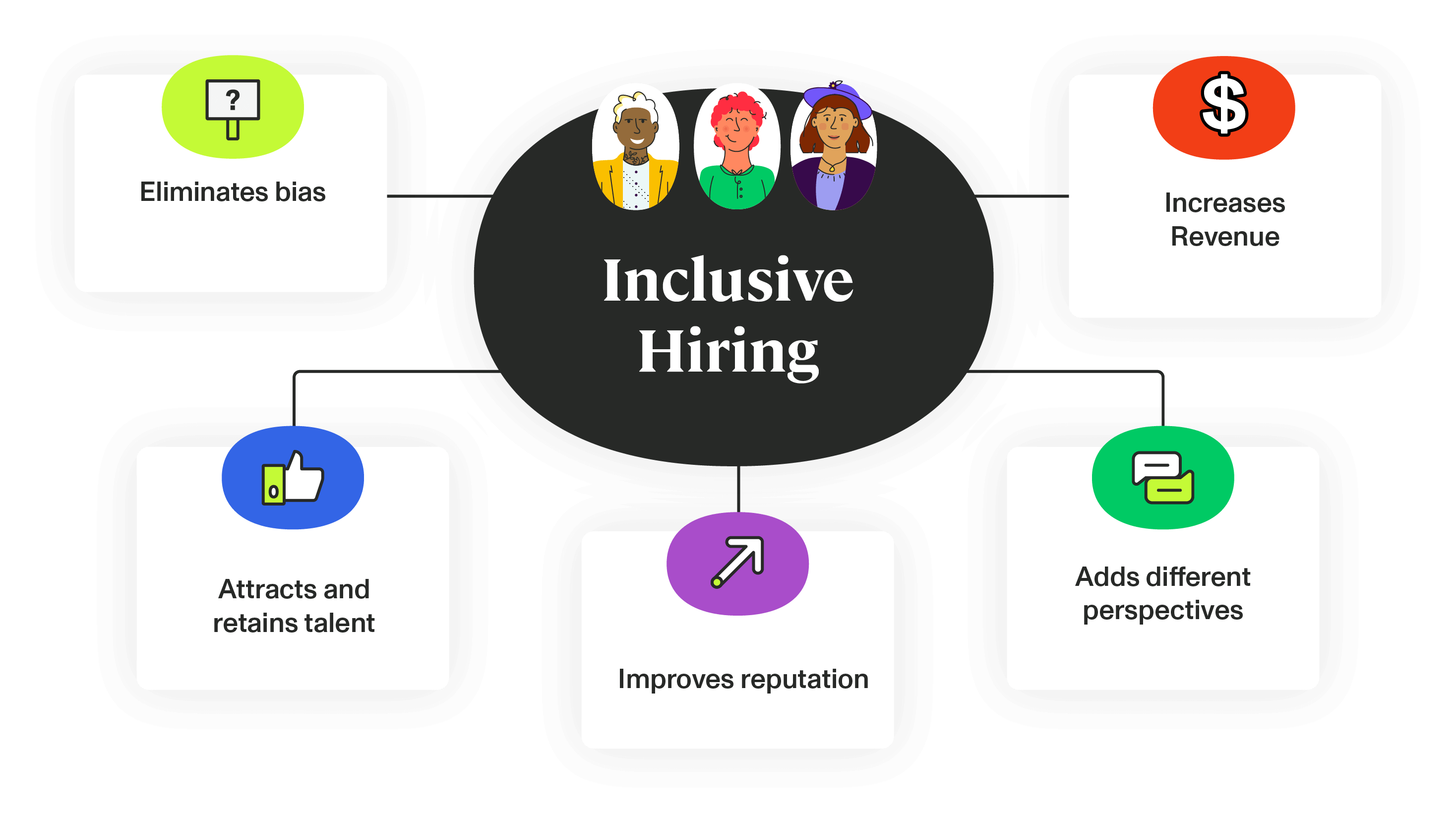Navigating Legal and Ethical Challenges in Recruitment: A Guide for HR Professionals

HR professionals face a number of legal and ethical challenges in recruitment. These challenges can include:
- Discrimination: It is illegal to discriminate against candidates on the basis of race, color, religion, sex, national origin, age, disability, or veteran status. HR professionals must be aware of these laws and take steps to ensure that their recruitment practices are fair and inclusive.
- Privacy: HR professionals must collect and use personal information from candidates in a responsible manner. This includes obtaining informed consent from candidates before collecting their information and using that information only for the purposes for which it was collected.
- Background checks: HR professionals must conduct background checks in a compliant manner. This includes obtaining the candidate's consent before conducting a background check and using the results of the background check in a fair and non-discriminatory manner.
- Employee onboarding: HR professionals must onboard new hires in a compliant manner. This includes providing new hires with the information they need to know about the company's policies and procedures, and ensuring that they complete all required training.
Here are some tips for navigating legal and ethical challenges in recruitment:
- Write inclusive job descriptions. When writing job descriptions, avoid using language that could be discriminatory. For example, avoid using gendered language or language that assumes a certain level of experience or knowledge. Instead, focus on the essential skills and qualifications for the job.
- Conduct fair and unbiased interviews. When interviewing candidates, ask standardized questions and avoid asking questions that could be discriminatory. Be mindful of your own biases and take steps to mitigate them.
- Onboard new hires in a compliant manner. Provide new hires with the information they need to know about the company's policies and procedures, and ensure that they complete all required training.
Here are some additional tips for HR professionals:
- Stay up-to-date on employment laws and regulations. Employment laws and regulations are constantly changing, so it is important for HR professionals to stay up-to-date. This can be done by reading industry publications, attending conferences, and taking continuing education courses.
- Consult with an employment lawyer. If you have any questions or concerns about your recruitment practices, you should consult with an employment lawyer. An employment lawyer can provide you with advice on how to comply with employment laws and regulations.
- Create a culture of compliance. It is important to create a culture of compliance within your organization. This means that everyone in the organization should be aware of the company's policies and procedures, and they should be committed to following them.
Navigating legal and ethical challenges in recruitment is essential for HR professionals. By following the tips above, HR professionals can create a fair and inclusive recruitment process that complies with all applicable laws and regulations.
Diversity and inclusion in recruitment:
Diversity and inclusion in recruitment is about creating a workplace that reflects the diversity of the population. This means attracting and hiring candidates from all backgrounds, regardless of their race, ethnicity, gender, sexual orientation, age, disability, or veteran status.
There are a number of things that HR professionals can do to promote diversity and inclusion in recruitment. These include:
- Writing inclusive job descriptions.
- Reaching out to a diverse pool of candidates.
- Conducting fair and unbiased interviews.
- Using a variety of assessment tools.
- Hiring for potential, not experience.
- Creating a culture of inclusion.
By following these tips, HR professionals can help to create a more diverse and inclusive workplace.
Employee onboarding:
Employee onboarding is the process of introducing new hires to the company and its culture. It is important to onboard new hires in a compliant manner. This includes providing new hires with the information they need to know about the company's policies and procedures, and ensuring that they complete all required training.
Here are some tips for onboarding new hires in a compliant manner:
- Provide new hires with a welcome kit. The welcome kit should include information about the company's history, culture, policies, and procedures.
- Schedule new hires for a new hire orientation. The new hire orientation should cover topics such as the company's mission, vision, and values; the company's policies and procedures; and the company's benefits and compensation plans.
- Assign new hires a mentor. A mentor can help new hires to get up to speed quickly and to learn about the company
LEAVE A COMMENT
You may also like

Upskilling and Reskilling: Strategies for Developing Your Existing Team in a Changing Job Market
The job market is constantly changing, and new technologies and skills...
Continue reading
Navigating Legal and Ethical Challenges in Recruitment: A Guide for HR Professionals
HR professionals face a number of legal and ethical challenges in recruitment....
Continue reading
Candidate Experience: Creating a Positive Journey from Application to Onboarding
Candidate experience is the journey that candidates go through when applying...
Continue reading
The Impact of Artificial Intelligence in Recruitment: How to Embrace Technology Without Losing the Human Touch
Artificial intelligence (AI) is rapidly transforming many industries, including...
Continue reading
Diversity and Inclusion in Recruitment: Best Practices for Creating an Inclusive Hiring Process
Diversity and inclusion in recruitment is the process of attracting, hiring,...
Continue reading